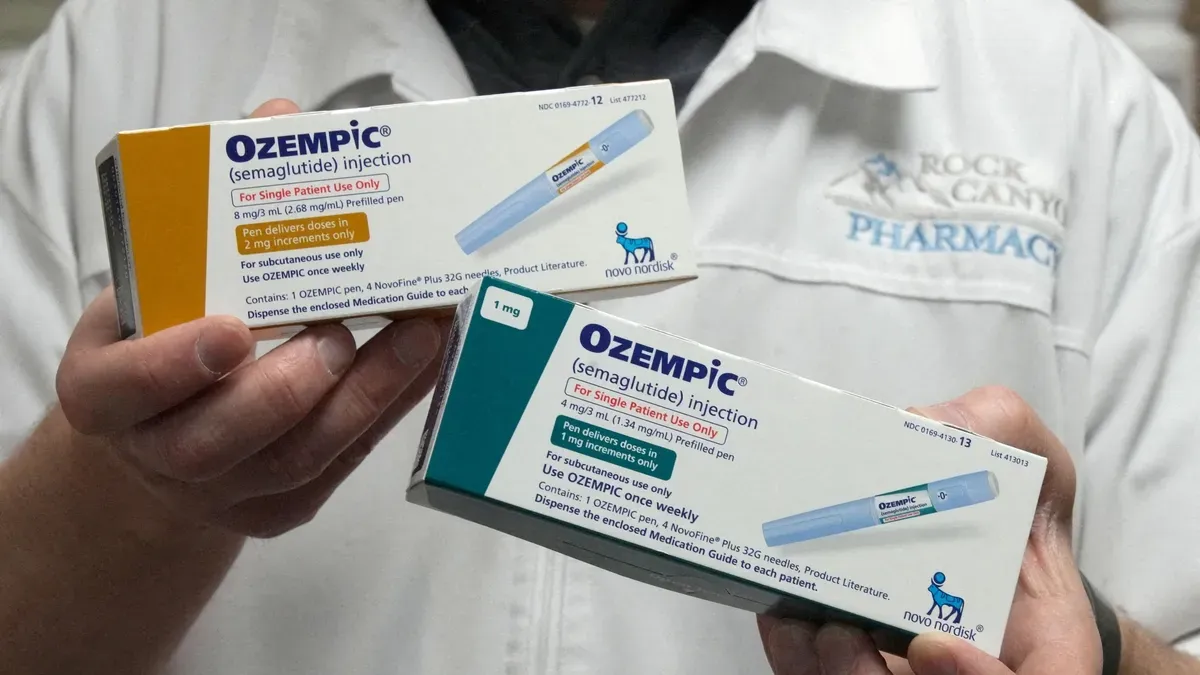The U.S. Food and Medication Organization (FDA) is digging into possible connections between's a class of meds, known as GLP-1 receptor agonists (GLP-1 RA), and a threesome of medical problems: going bald (alopecia), desire during a medical procedure, and self-destructive ideation. The meds under the FDA's focal point, incorporating Ozempic, Wegovy, Mounjaro, and Zepbound, are generally endorsed for weight reduction and diabetes treatment.
The FDA's Current Post-Approval Safety Measures The FDA's
current post-approval safety measures are intended to identify adverse effects that were not observed during clinical trials. Significant findings can lead to significant safety warnings or regulatory actions, despite the fact that these kinds of investigations frequently result in minor label updates or additional studies.
Inclusion of Novo Nordisk and European Drugs Organization
Novo Nordisk, the producer of Ozempic and Wegovy, is effectively working together with the FDA in checking drug wellbeing and stays certain about the security and adequacy of their items. Simultaneously, the European Drugs Organization is investigating the gamble of self-destructive contemplations associated with GLP-1 RA meds, in spite of the fact that it has not yet drawn a causal relationship.
Statistical Overview of Issues
Reported According to FDA records, semaglutide and tirzepatide, the medications' active ingredients, were the cause of 422 reports of hair loss and 201 reports of suicide or suicidal ideation. A nearly more modest number of just 18 reports concern goal. However, due to the potential risk, the American Society of Anesthesiologists has suggested stopping these medications prior to elective surgeries.



